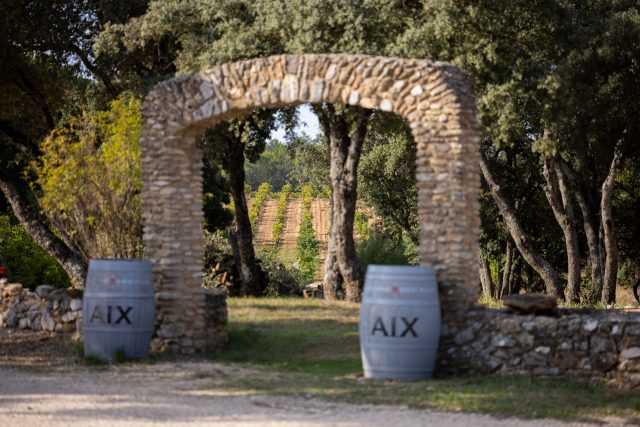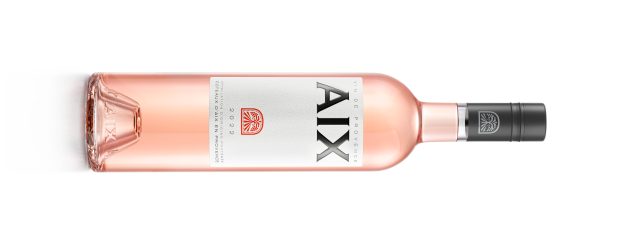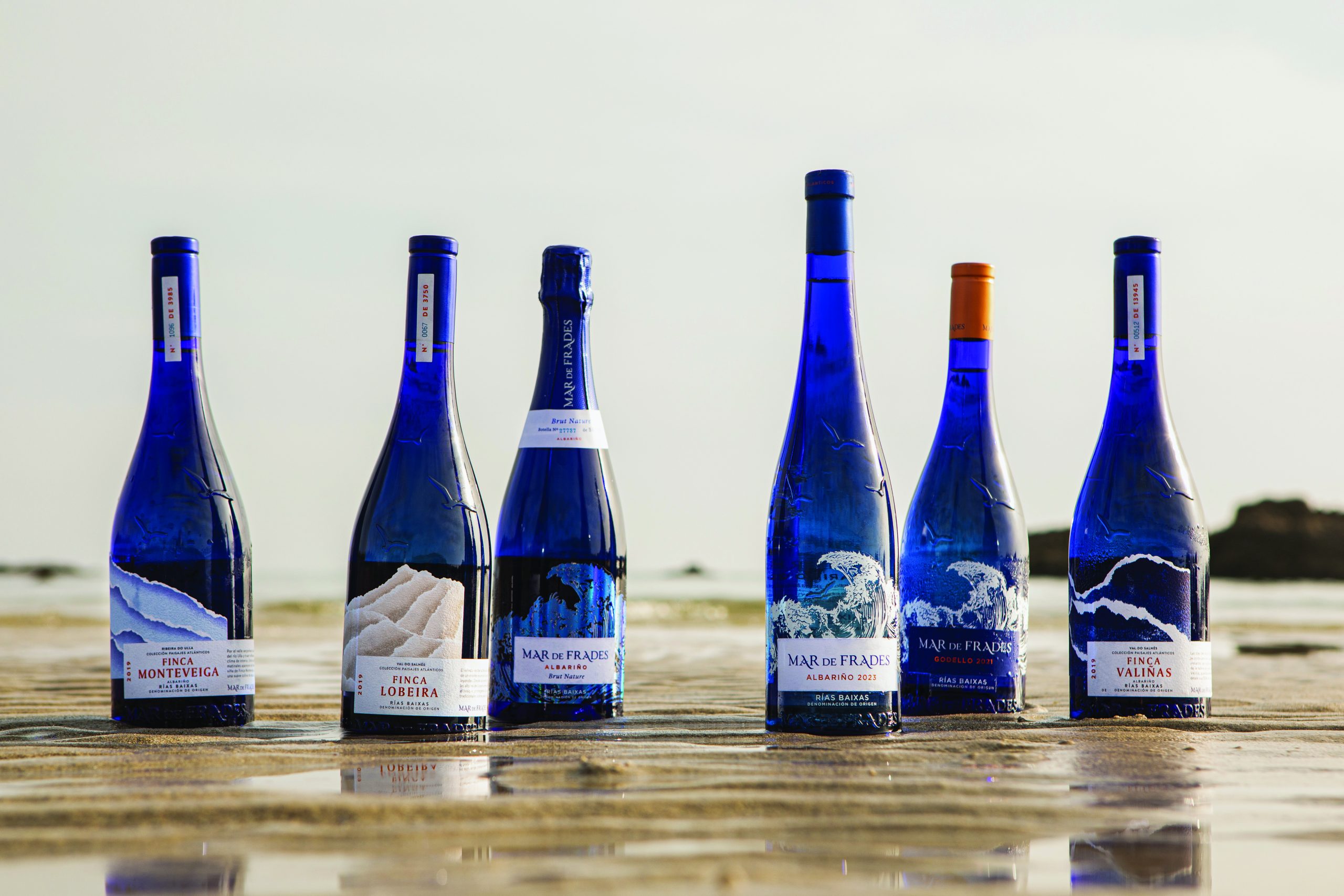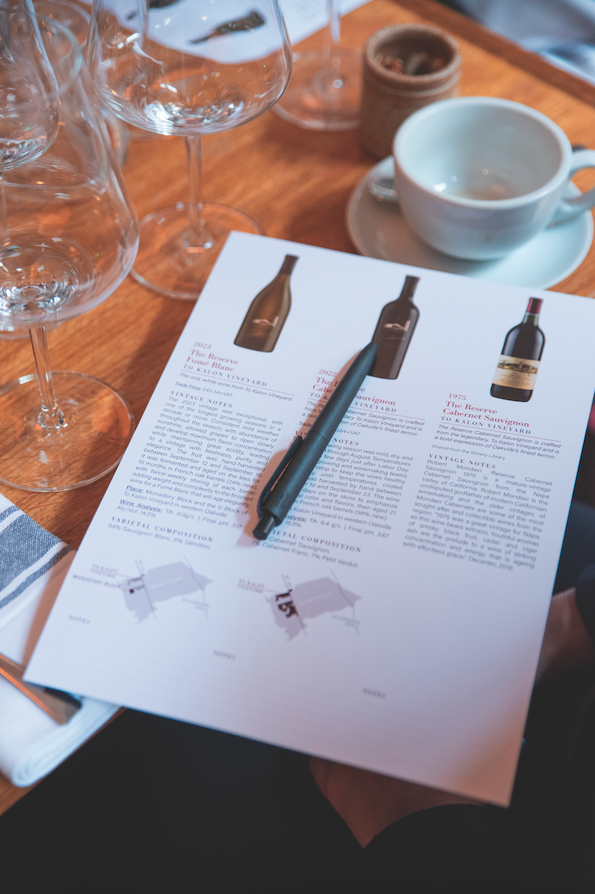Is less sulphur dioxide the secret to premium rosé success?
Maison Saint Aix in Provence has built a reputation as the premium home for fine rosé production. Here, db finds out what makes its flagship wine stand out.

Maison Saint Aix, the 140-year-old winery, which former advertising executive Eric Kurver bought together with his wife back in 2009 and renamed Maison Saint Aix, after the nearby town, is situated 25 kms out of Aix-en-Provence. The location and altitude, at 420m above sea level is ideal for fine rosé winemaking, with mineral-rich soils, warm sunny days, and cool nights.
According to Kurver: “The frequent mistral wind ensures the vines are blown dry during the growing season and along with our organic viticulture ensure the health of the Domaine’s soils and vines.”
However, there may be another secret to the success of the winery’s one wine brand, named AIX Rosé. And it lies in the producer’s use, or lack thereof, of sulphur dioxide.
Speaking to db, Kurver pointed out: “In the past they used a lot of sulphur dioxide, but we took a different approach, and use less than a quarter of the amount that is allowed by the appellation regulations by using the inert gas nitrogen along the winemaking journey.”
This minimal use of sulphur and the ability to keep oxygen at bay are key to the fresh, mineral style that AIX Rosé is renowned for.
With its 75 hectares of vineyards, Maison Saint Aix is one of the largest domaines in the AOP Coteaux d’Aix-en-Provence appellation. The Domaine’s 60-year-old Grenache vines ensure the highest quality jus which makes up the backbone of the wine, while Syrah and Cinsault grapes comprise the rest of the rosé blend.
Partner Content
Kurver explained: “My goal was to produce a thoroughly enjoyable wine, but also one that was complex and exclusive enough to win gold medals and be awarded excellent reviews around the world.”
To achieve this the Domaine has a state-of-the-art winery, dedicated solely to producing the finest rosé. The Domaine’s own fruit is certified organic, which in the forthcoming 2022 vintage played a large part in reducing the impact of a very dry year with cover crops and a high organic content in the soil retaining moisture.
Kurver told db: “We’ve seen huge success, especially for our large format bottles. AIX has the advantage of being both an everyday luxury and the perfect celebration wine. Conviviality and generosity are key to our lifestyle and how we want AIX to be thought of”.
To find out more about AIX Rosé, you can read Patrick Schmitt MW’s tasting note below:
AIX Rosé

“A pretty pale salmon pink wine with a lovely mix of fine Provençal rosé aromatics, from peach and pear, to watermelon and bitter lemon. In the mouth, there’s initially a gently viscous sensation from ripe orchard fruits, complemented by a touch of pomegranate and crushed strawberry, before the wine finishes with a zesty note of ruby grapefruit, giving a wonderfully fresh edge to this pristine, fruity and mouth-watering dry rosé.”
Related news
Castel Group leadership coup escalates
For the twelfth day of Christmas...
Zuccardi Valle de Uco: textured, unique and revolutionary wines




